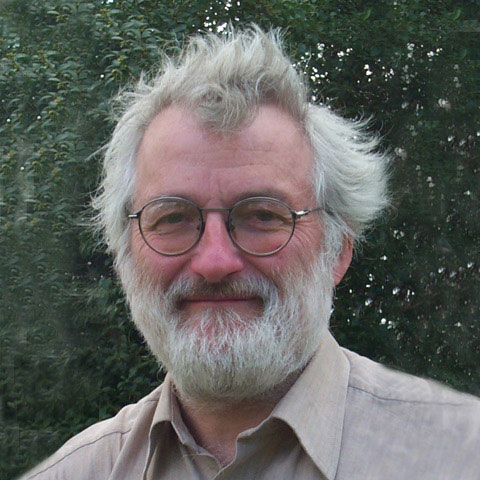Nobel Prize winner to give public lecture in Lancaster

A Nobel Prize winner involved in the first ever mapping of the human genetic code is to give a public lecture in Lancaster.
Professor Sir John Sulston FRS is to give the third annual public lecture organised by the Centre for Economic and Social Aspects of Genomics (Cesagen) a collaboration between Cardiff and Lancaster Universities.
A biologist, Sir John was awarded the Nobel Prize for physiology and medicine in 2002 jointly with Sydney Brenner and Robert Horvitz for their work in understanding the development of a nematode worm. He traced its cell lineage: the ways in which cells divided, move and sometimes die as the animal grows. This knowledge opened the way to deciphering genetic instructions that are involved in cancers, as well as in the normal growth of an animal.
In 1992, he was appointed the first Director of the Wellcome Trust Sanger Institute in Cambridgeshire which made the UK's contribution to the international Human Genome Project which mapped the human genetic code for the first time in 2000.
He received his knighthood for services to genome research in the 2001 New Year's Honours and now chairs the institute of Science Ethics and Innovation at the University of Manchester.
The public lecture on Our biological heritage and our human future; living and flourishing sustainably is on May 24 at Lancaster Town Hall at 6pm.
Sir John said he would look at the need to balance profitability with the demands of social justice.
“Justice demands sharing of fundamental information, yet some would like to enclose it. Justice demands equality of treatment, yet discrimination on grounds of genetics or culture is frequent. Justice demands equitable healthcare, yet most research and development is resourced by investment aimed at maximising financial return, and is only now beginning to reach the disease burden of the majority of humankind. Justice demands equality of opportunity, yet is blocked by vast inequalities of wealth.
“Meanwhile the impact of the growing human population, and the growing consumption of resources by the richer countries, is bringing us to the limits of what the earth can sustain. Here lies another demand for justice - justice between the generations. Our descendants ought to receive opportunities at least as great as those we ourselves enjoy, but if we continue in our current style they will not.
“Choices made now - ethical, legal, social, and scientific - will determine the future of humanity. Shall we choose to flourish, or merely survive?”
Cesagen is a collaborative research centre to address the social, economic and policy aspects of developments in genomics
Previous public lectures have included Professor Allen Roses, Sarah Darwin, Professor Tim Lang and Sir Alec Jeffreys who developed DNA fingerprinting.
Attendance at the lecture is free but registration is requested.